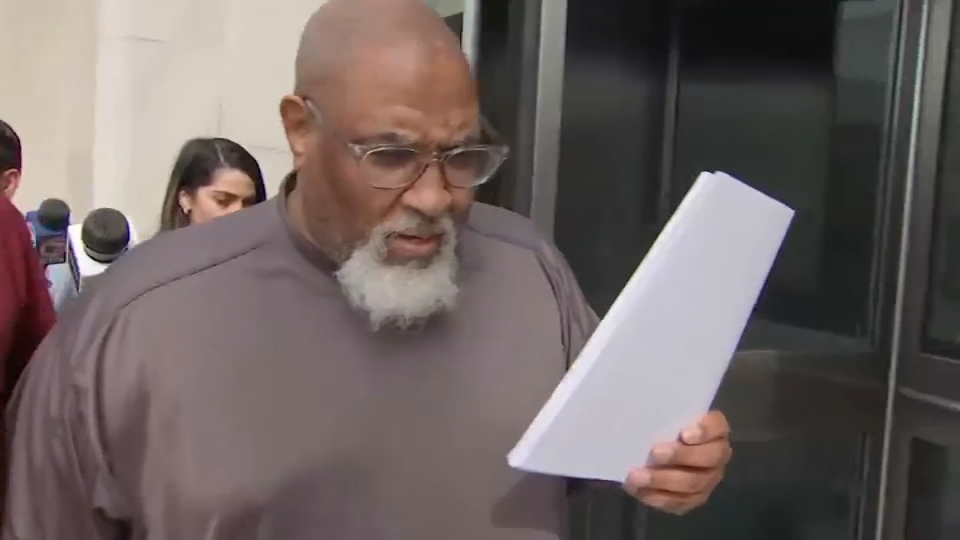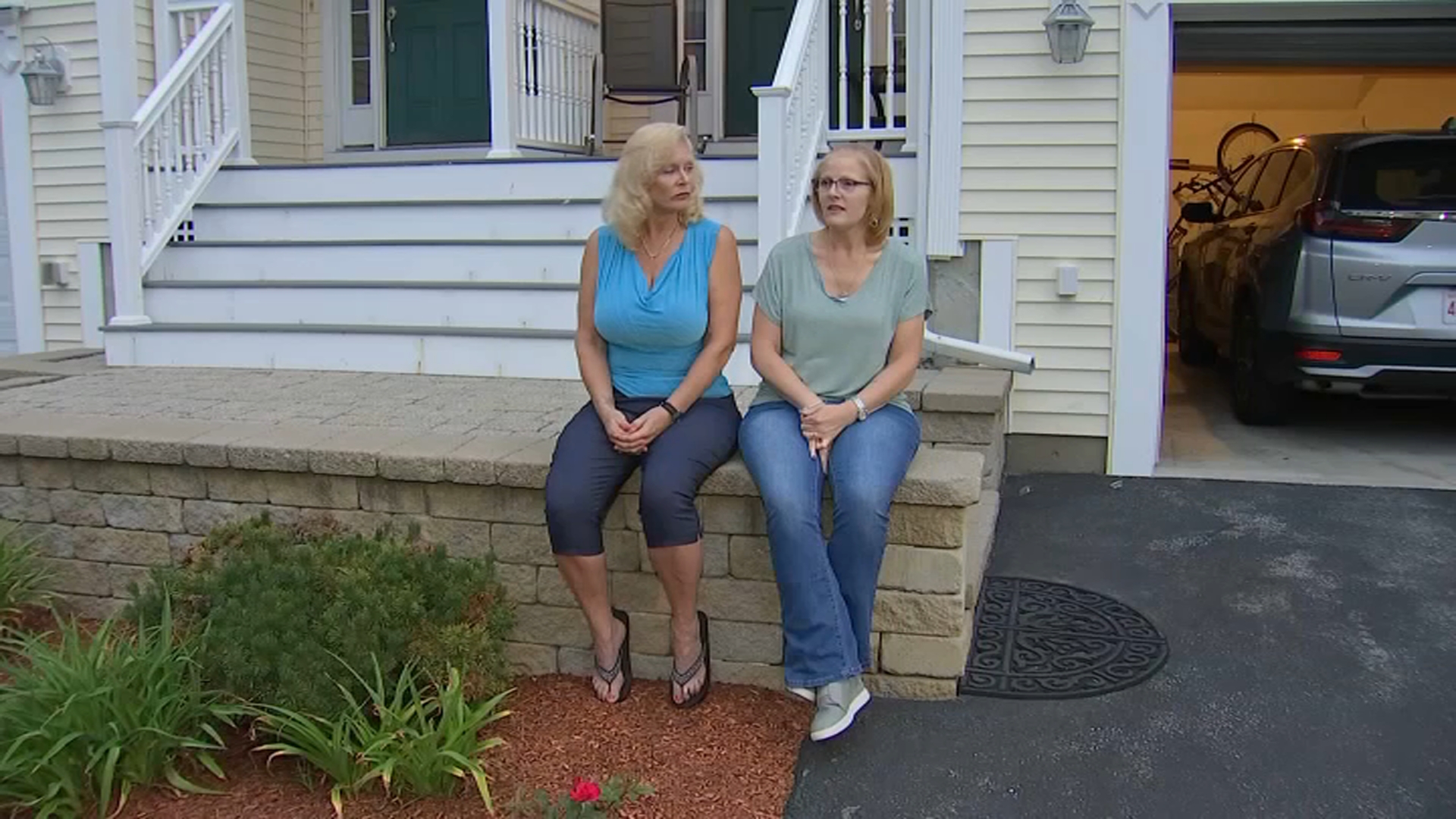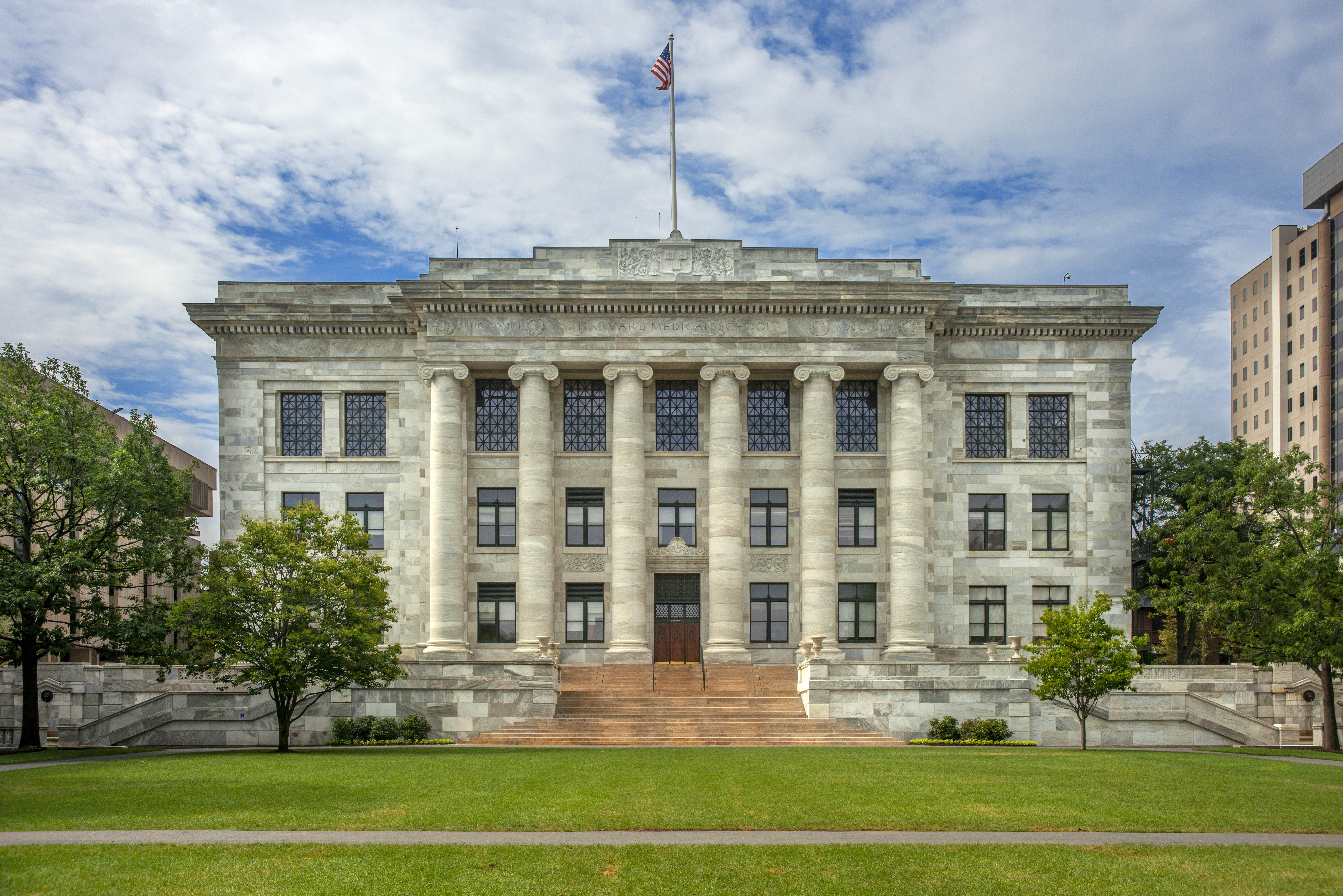Lawyers for Harvard University were in a Boston court Friday arguing that a judge should dismiss lawsuits filed against the school by families of anatomical donors who may have had body parts stolen from the Harvard Medical School morgue.
The theft of body parts was revealed by federal prosecutors last year, with the morgue's manager accused of letting buyers come in and select the remains they wanted to buy from donated cadavers, then stealing them and shipping them from his home in New Hampshire. Harvard cooperated with the investigation but now faces 12 civil lawsuits involving an estimated 800 people.
STAY IN THE KNOW
Watch NBC10 Boston news for free, 24/7, wherever you are. |
|
Get Boston local news, weather forecasts, lifestyle and entertainment stories to your inbox. Sign up for NBC Boston’s newsletters. |
Attorneys representing the families of potentially affected anatomical donors — people who agreed to have their bodies used for educational purposes — argued in Suffolk Superior Court that Harvard was negligent in its duty to safeguard the donors' bodies. They also said that allowing them to move forward with the suits could let them learn more about how the body parts could be stolen.
The university, meanwhile, said that state law gives it immunity from a former employee's alleged criminal actions.
Get top local stories in Boston delivered to you every morning. Sign up for NBC Boston's News Headlines newsletter.
The arguments focused on Massachusetts' Uniform Anatomical Gift Act, which provides organ and tissue donation programs immunity from litigation in order to encourage donations. The lawyers representing the families say that law does not apply in this case.
"The disposition of the body, the way it was handled, after it was used for its important purpose, is not immunized because that would have the opposite effect of encouraging people to give gifts, if they think to themselves that an institution cannot be held accountable if somebody dismembers it and sells it on the black market," said Jeffrey Catalano, of Keches Law Group.
The judge overseeing the case didn't make a decision at the hearing, saying he would let the parties know when when that changes.
Up to 400 body parts were stolen and sold from the morgue over several years, according to prosecutors. They've shared how buyers and sellers discussed the body parts in disturbing detail — one Pennsylvania man allegedly sent Lodge's wife "$200 with a memo that read, 'braiiiiiins,'" according to a criminal complaint.
The morgue manager, Cedric Lodge, was fired in May. He's pleaded not guilty.
Harvard deans wrote an emotional public letter, titled “An abhorrent betrayal,” explaining the indictment and apologizing for the pain this would cause the community and the families of those affected.
Robyn D'Apolito, one of the family members involved in a lawsuit, said Friday that what happened seemed "like a big coverup." Her mother, Adele Mazzone, had been proud to donate her body to Harvard for science and research, but D'Apolito now feels that she'll never know if it went to the purpose her mother intended.
"A company is responsible for their employees. Bottom line. Doesn't matter where you are. You need accountability for employees," she told NBC10 Boston.
Get updates on what's happening in Boston to your inbox. Sign up for our News Headlines newsletter.
Jack Porter's wife, Raya, also donated her body to Harvard Medical School. He said the school should have had a security system in place to prevent any theft of remains.
"You go through a lot of different stages, almost like facing death: denial, anger, sorrow. All kinds of stages of disbelief that something like this could happen, such a kind of a desecration of your wife's body, especially at Harvard," Porter said.
Harvard's attorneys didn't speak to media and representatives declined to provide a statement on Friday, but in a court filing, attorneys for the school said that the morgue manager acted without Harvard Medical School's knowledge or permission.
"Harvard recognizes the anger and uncertainty of those who fear that their loved ones' remains were among those Lodge allegedly stole. But any liability that attaches to Lodge for his alleged criminal activity attaches to him alone," they wrote.
Asked about Harvard's statement, D'Apolito said, "There's a difference between liability and empathy, and you're dealing with human emotions and people's bodies. That to me is just as heinous as him stealing the body parts and selling them for profit."
After the scandal broke, Harvard initiated an independent review of its long-running human body donation program. That review returned dozens of recommendations in December, including that the program should revise its policies and procedures, add oversight, offer staffers more training and look for areas to improve its infrastructure.




